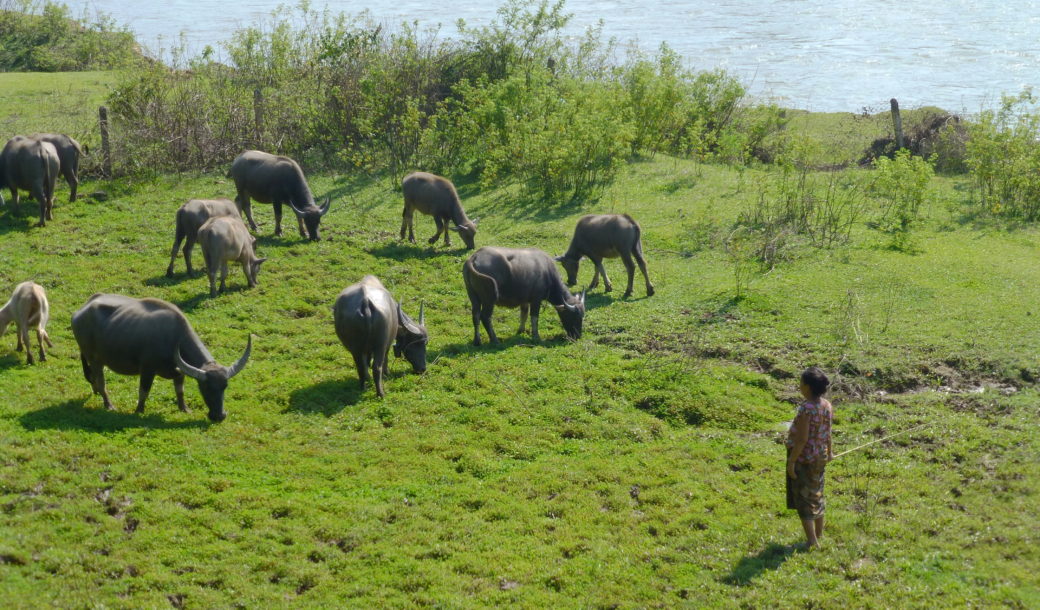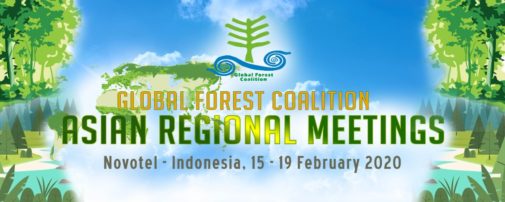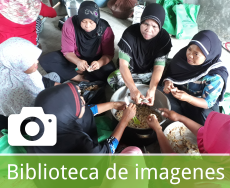Diálogo abierto sobre el cambio climático, conocimientos tradicionales y alternativas a la producción ganadera insostenible en Asia

Sobre la base de nuestros dos diálogos abiertos anteriores que tuvieron lugar en Etiopía (septiembre de 2019) y Chile (diciembre de 2019), ahora estamos organizando un diálogo abierto para la región de Asia. Se celebrará en el Novotel Golf Resort & Convention Center de Bogor, Indonesia, el 15 de febrero de 2020. También se ofrecerá una cena vegetariana para los participantes la noche anterior al diálogo en el Hotel IBIS.
Continuar leyendo en ingles…
This event aims to explore the links between indigenous landscape management practices, forest conservation, agroecology, and pastoralism as alternatives to unsustainable livestock production, and as vital climate adaptation and mitigation strategies. We will also work towards building a strong network of Indigenous Peoples’ Organizations, local communities and other like-minded groups with significant representation from the Global South, in order to share views, lessons learned, and other expertise and experiences around sustainable livestock farming practices and their contributions to curbing climate change and biodiversity loss.
In addition, we will explore the current threats to traditional practices, such as China’s role in an ever-expanding export-oriented and unsustainable model of meat and diary production, and how the Belt and Road Initiative (BRI) in particular is driving deforestation. The event will have a strong focus on gender, analysing the important role that women play in forest conservation and the preservation of traditional knowledge, as well as the gender-differentiated impacts and threats women face.
There will be presentations from NGO/IPO representatives from the Philippines, China, Kyrgyzstan, Sri Lanka and Indonesia, among others. Please see here for a draft agenda. Virtual participation is very much encouraged, and you can join online using this zoom link (the event starts at 09:00 Jakarta time). The conclusions and results of these dialogues will be used in advocacy work at relevant national and international events over the coming year.











